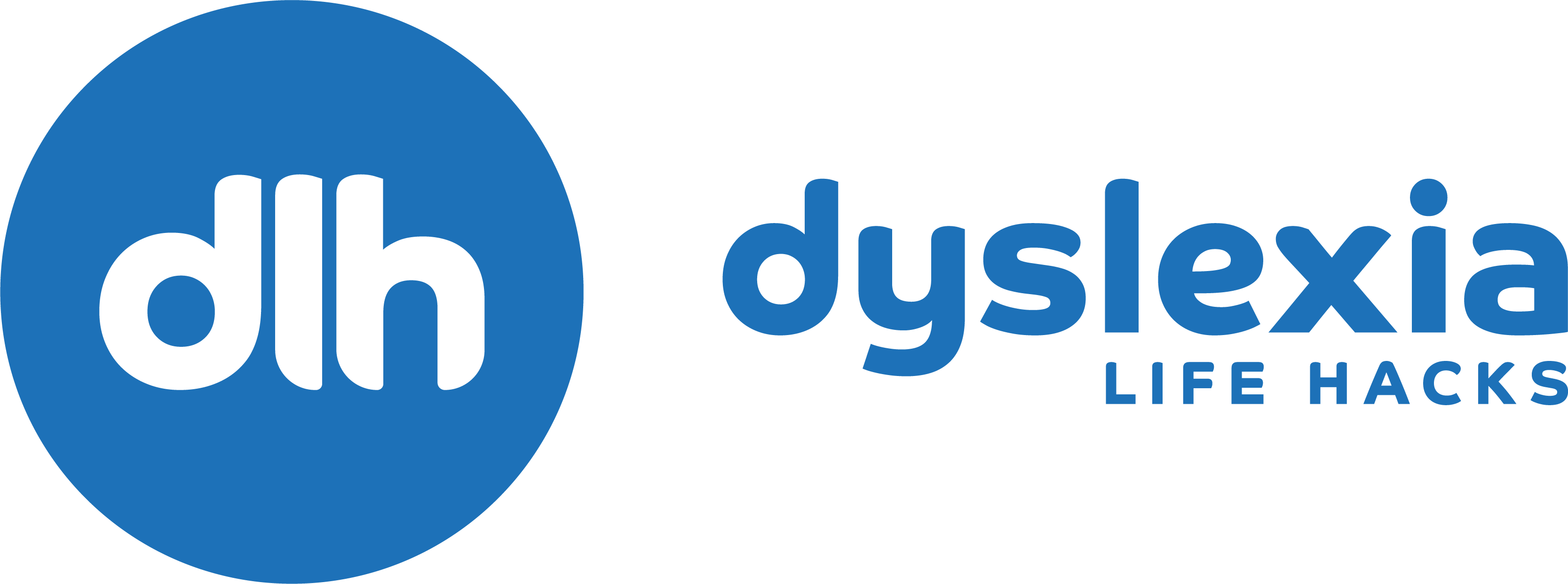“Write fast, write bad, and write wrong. Terrible style, terrible grammar, terrible word choice, wrong facts, and that liberates you. That liberates you to follow the narrative thread and just keep going and going with it. And don’t stop and backtrack, because every time you stop, it’s like a car going down the highway – it’s easy to stop, but then you have to spend all this fuel to get back up to speed, and you might not get there. You discover that start writing, and start pulling on that narrative thread, it’s really surprising where it goes. But only if you go fast. Not if you go slow.” – Safi Bahcall – The Tim Ferriss Show episode #382
I heard the above quotation while listening to a podcast and I think it is brilliant for dyslexic people. Getting everything out of your head onto a page or on a voice recording without worrying about spelling, grammar, and any other issues can certainly get round some of the restrictions in terms of coming up with written work. You could always go back and edit it later but at least the initial idea and concept is out of your head and on a page.





